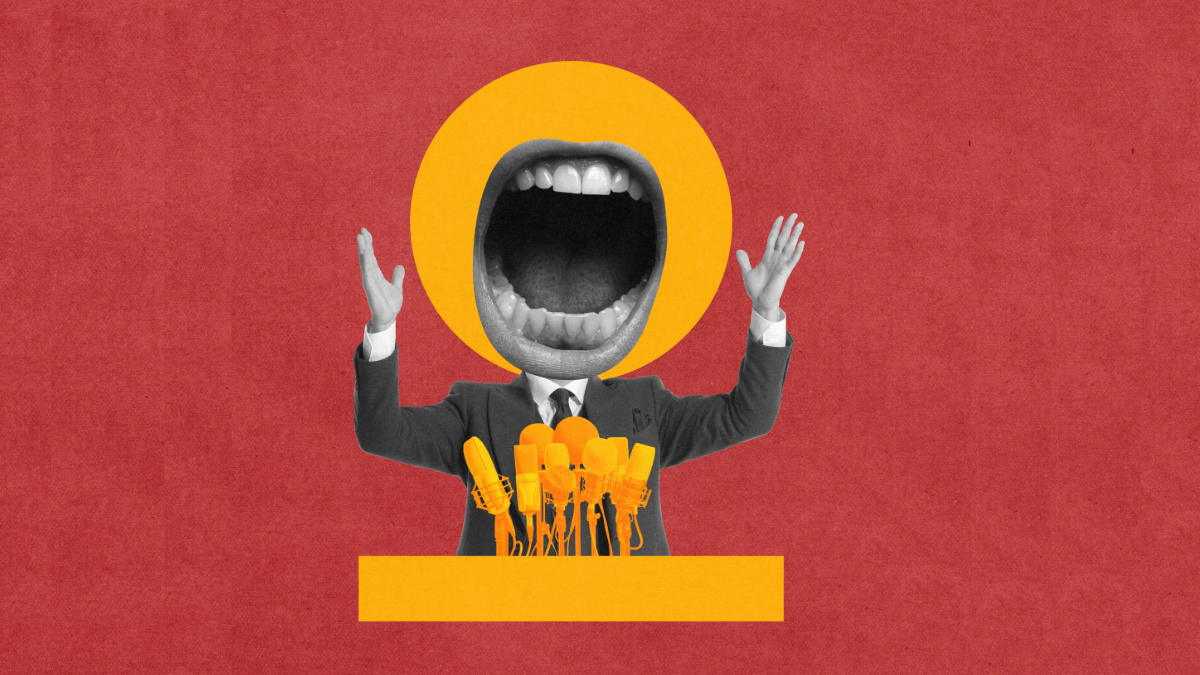The United States is on the Cusp of a Digital Dark Age
Dean Jackson, Samuel Woolley / Nov 10, 2025This is the first in a series of provocations published on Tech Policy Press in advance of a symposium at the University of Pittsburgh's Communication Technology Research Lab (CTRL) on threats to knowledge and US democracy.
Socrates called knowledge “the only good.” Through it, humanity advanced from apes shivering in the night to masters of the atom. Knowledge is also a bulwark against tyranny. Control of knowledge is power. Generations of thinkers from Thomas Jefferson to Hanna Arendt have emphasized the necessity of an informed public for democracy. Knowledge is more than memorization of facts or mere trivia. It requires rigorous measurement and interrogation of the observed world. Nor does knowledge spring from the void: it results from infrastructure supporting simultaneous efforts of individuals and institutions.
In the United States today, the infrastructure of knowledge is under attack. The assault is complex and multidirectional. Narratives about AI and technology mistake knowledge for information. They suggest that generative artificial intelligence can make knowledge professionals like journalists and educators redundant. This is one of many economic shifts which have degraded the role of knowledge in the public sphere and elevated grift and outrage. This change has given rise to a public which is at once more cynical and easily manipulated.
Meanwhile, political retribution has damaged important institutions like academia, libraries, museums, and government offices. These are the spaces and collections of people that produce knowledge and information, that make it accessible, and that foster understanding of the world. The current administration is upending the economic foundations of the American university system—which have clearly been in need of repair for decades. But they are doing so in order to destroy sources of critical thought and open speech rather than to preserve them. The federal workforce, meanwhile, is being eviscerated. This is not least an effort to expunge sources of data and information which might be inconvenient for the White House and its allies.
The advice that “knowledge is power” has traditionally been taken to mean it should be sought after and cultivated. Today, the US is experiencing something different. Politicians and other powerful individuals and organizations, enabled by technology companies, are purposefully instigating a dark age for science, transparency, and education. This is happening so that a small group of wealthy ideologues might impose their vision on the future unchallenged. Their strategic pursuit of societal ignorance is a threat to achievements in areas ranging from public health to the rule of law and international stability. If it continues unabated, it will likely spell the end of decades of US research leadership, accelerating the end of the Pax Americana and the beginning of a new era marked by even greater nationalism, inequality, and social control.
This is the first in a series of short provocations published on Tech Policy Press in advance of a symposium at the University of Pittsburgh's Communication Technology Research Lab (CTRL). The authors of each piece have tackled a facet of this broad challenge. Many note that institutions of power, like large technology platforms, have aligned themselves closely with authoritarians at the expense of efforts to improve the integrity of their services. This is a political economy which works against reform and demands a greater response than education and appeals to objectivity and neutrality.
Today’s headlines have escalated beyond the “post-truth” discourse nearly a decade ago. Instead, we face a full frontal assault on knowledge by state and financial power. This campaign threatens hundreds of years of advancement in scientific progress, democratic governance, and human flourishing. The onslaught has just begun, but we do not have to accept it idly. Recent elections, protests, and acts of resistance are already impacting who governs and how. While we will not go back to what we once were, we can demand a future that centers the benefits of knowledge and democracy.
Other pieces in the series:
- AI 'Trustwashing' Changes How Consumers Judge Credibility—Hannah Bailey
- Generative AI is Neither Too Unprecedented Nor Too New to Regulate—Sarah Barrington
- The Dance with Big Tech is Different under Trump 2.0—Dave Karpf
- It’s Time to Admit Consumer Education Can’t Deliver Tech Accountability—Brooklyne Gipson
- Authoritarian Arrogance and the End of the 'Reality-Based Community'—Paul Elliott Johnson
- In Post-Authenticity AI Age, Knowledge Institutions Matter More than Ever—John Wihbey
- Week After Week, The US is Dismantling Knowledge Infrastructure—Amelia Acker
- Scholars Must Recognize the Role of Affect and Emotion in Disinformation—Calum Matheson
- How Political Power is Capturing Knowledge Systems and Manufacturing Structural Ignorance—Renée DiResta
Authors


